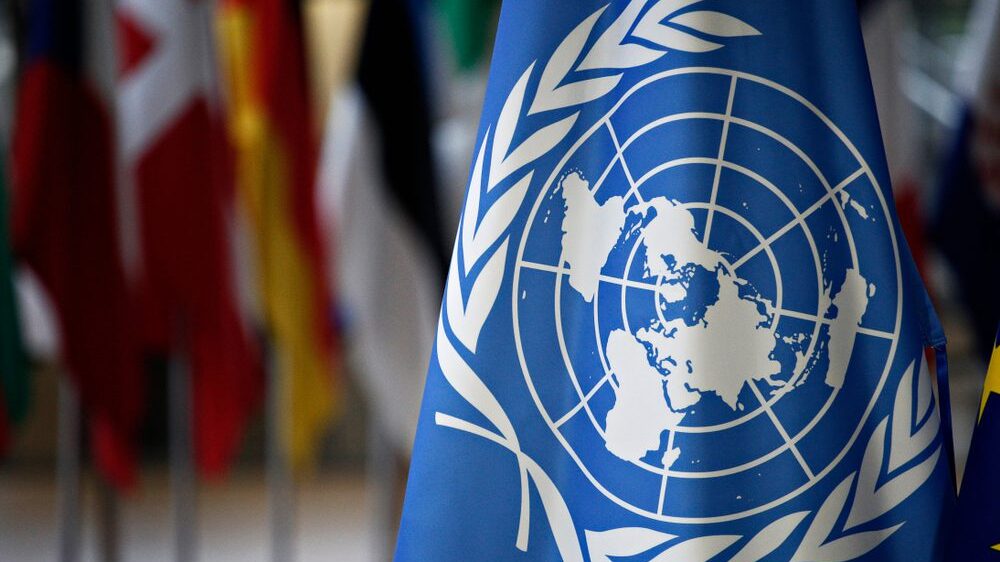
Britain can no longer ignore calls for slavery reparations, a Jamaican UN judge has declared. Politicians and leading institutions have long apologised for the nation’s former role in the slave trade, but for a growing number of countries, “sorry is not enough.”
Judge Patrick Robinson told The Guardian this week that the UK “cannot continue to ignore the greatest atrocity, signifying man’s inhumanity to man.
They cannot continue to ignore it. Reparations have been paid for other wrongs and obviously far more quickly, far more speedily than reparations for what I consider the greatest atrocity and crime in the history of mankind: transatlantic chattel slavery.
The UN official earlier this year helped compile what has been described as “the most comprehensive state-to-state reparations analysis,” by the Brattle Group Report on Reparations for Transatlantic Chattel Slavery. This stated that the British taxpayer owes close to £20 trillion (€23 trillion) in reparations to 14 countries.
As steep as it may sound, the figure is not too high, Justice Robinson insisted, given that “these calculations are not over a period of five years or 10 years. They cover the entire duration of transatlantic chattel slavery, which means they cover hundreds of years.” Payment, he added, is not optional; “it is required by history and it is required by law.”
The Guardian’s article, perhaps unsurprisingly, makes no mention of Britain’s role in ending the slave trade. But a letter published by the paper before the turn of the decade highlights the point rather succinctly:
Britain did more than abolish slavery, it took robust action against the slave traders and strongly encouraged others to do the same. I would rather defend Britain’s record than, say, that of Ethiopia, where slavery and involuntary servitude were only officially abolished in 1942, or that of Saudi Arabia, where it took another 20 years.
Responding to Justice Robinson’s latest comments, political consultant Ghanem Nuseibeh noted that “the anti-British vindictiveness is spreading. Will he also ask the U.S., France, Germany, Belgium, and dozens of African nations who were the last to ban slavery (Mauritania in 1981!)?”
Amid increasing pressures both at home and abroad, Prime Minister Rishi Sunak has so far held his nerve, refusing to pledge any reparation payments.
